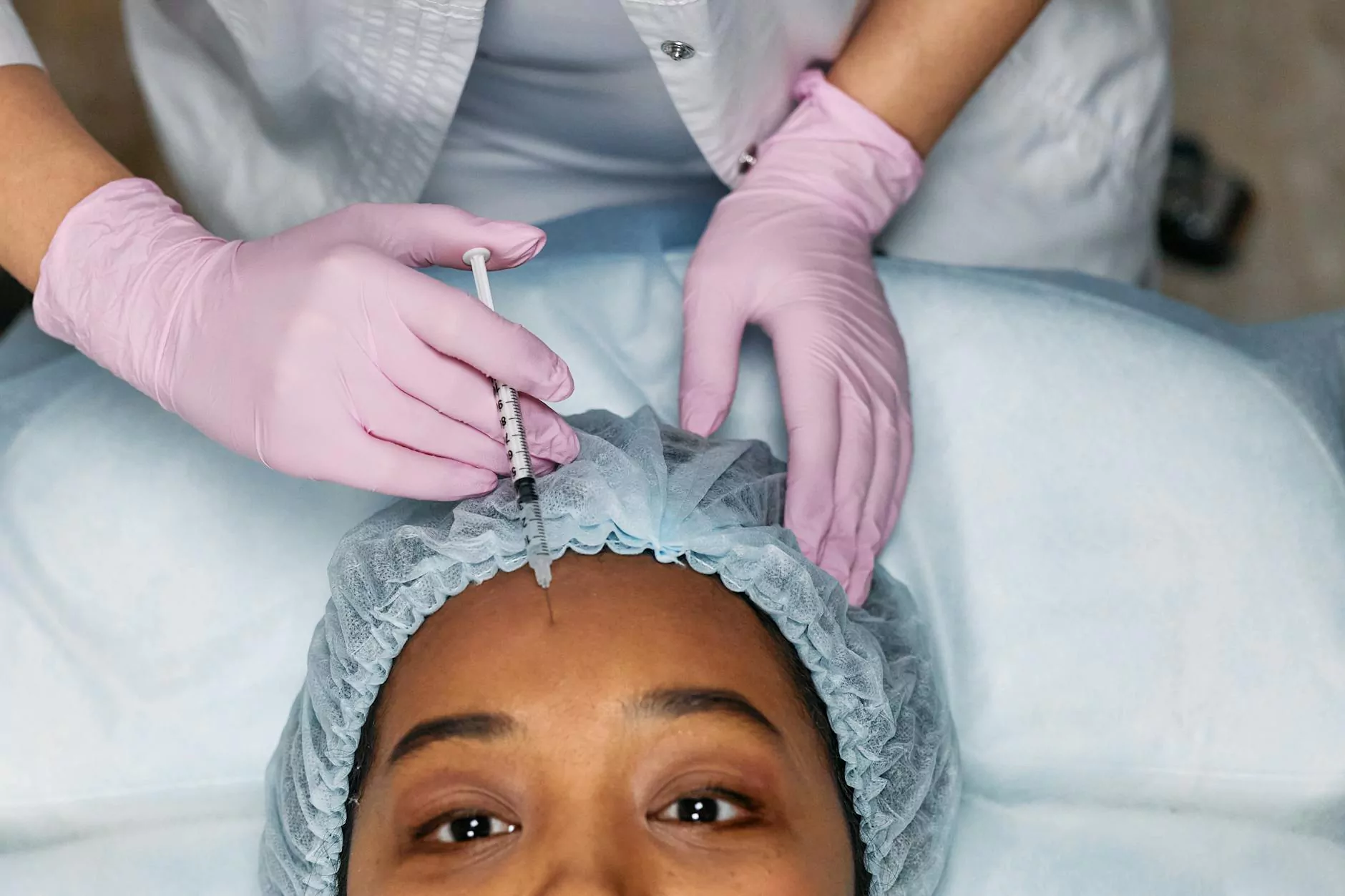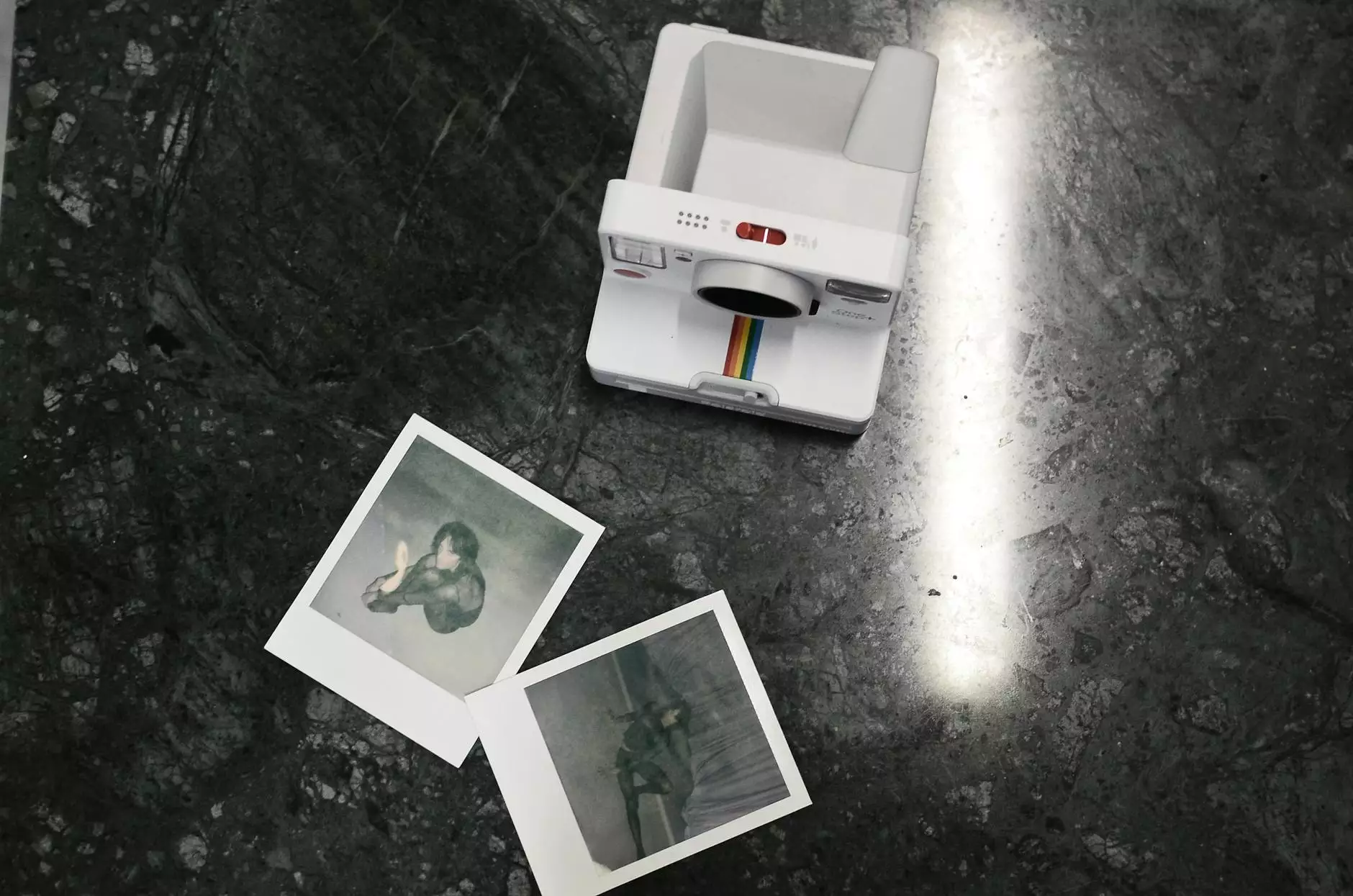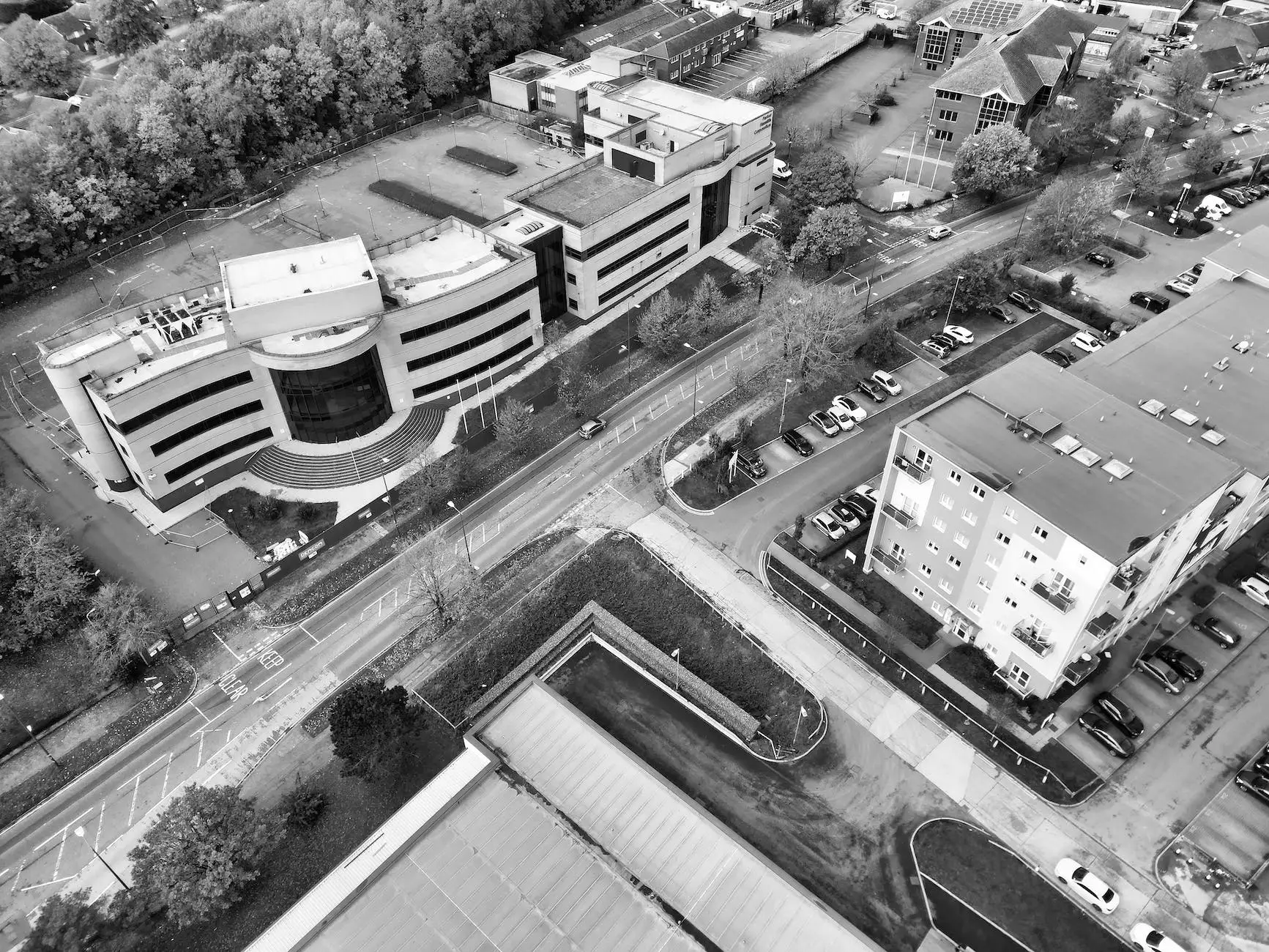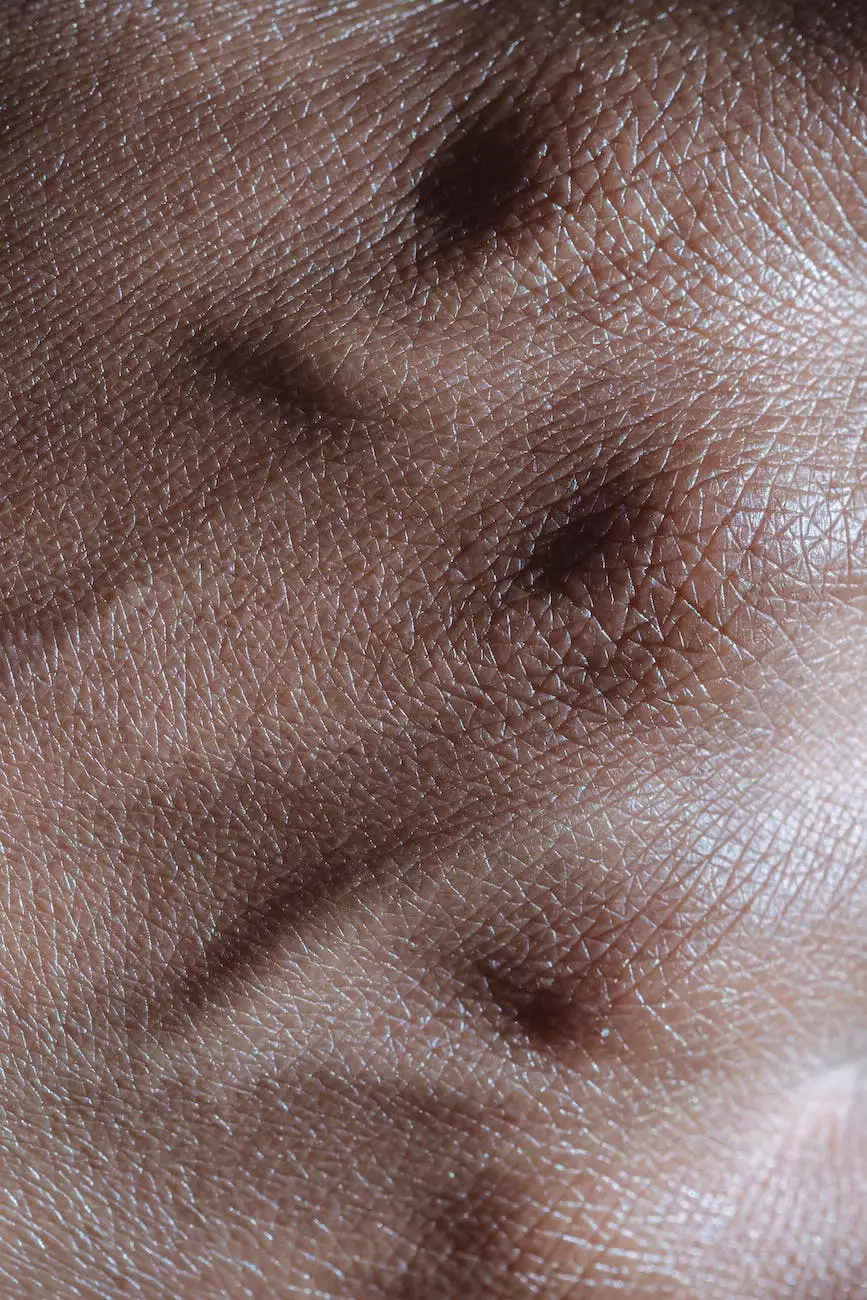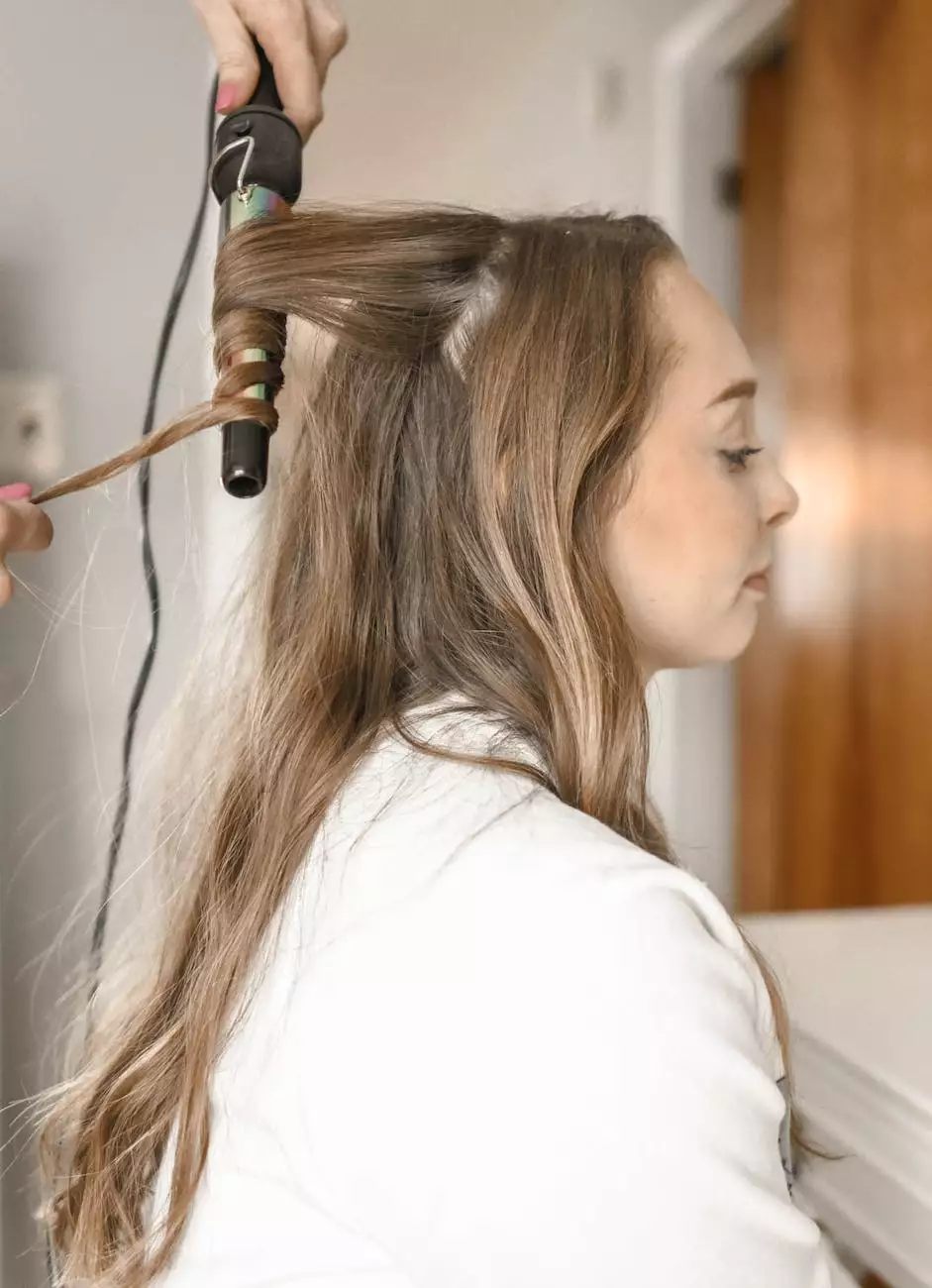Non Surgical Urinary Incontinence Treatments - Wayzata MN

Understanding Urinary Incontinence
Urinary incontinence is a common condition characterized by the inability to control the release of urine. It can significantly impact a person's quality of life, causing embarrassment, discomfort, and limiting daily activities. While surgical interventions are available, non-surgical treatments have gained popularity due to their effectiveness and minimal invasiveness.
Effective Non-Surgical Treatments for Urinary Incontinence
At Foley James D MD, our experienced team specializes in providing comprehensive non-surgical urinary incontinence treatments. We understand the unique challenges faced by individuals dealing with this condition, and our goal is to help you regain control and improve your quality of life. Here are some of the non-surgical treatment options we offer:
1. Pelvic Floor Exercises
Pelvic floor exercises, also known as Kegel exercises, are one of the primary non-surgical treatments for urinary incontinence. These exercises strengthen the muscles that support the bladder and urethra, improving bladder control. Our skilled healthcare professionals will guide you through a personalized exercise regime to target specific muscle groups, ensuring optimal results.
2. Biofeedback Therapy
Biofeedback therapy is a non-surgical treatment that uses electronic sensors to provide visual or auditory cues about your muscle activity. This helps you learn how to control and strengthen your pelvic floor muscles, enhancing bladder control. Our clinic is equipped with state-of-the-art biofeedback devices to ensure accurate monitoring and effective therapy.
3. Electrical Stimulation
Electrical stimulation is another non-surgical method used to treat urinary incontinence. It involves the use of low-intensity electrical currents to stimulate the pelvic floor muscles, strengthening and restoring bladder control. Our skilled professionals will tailor the stimulation parameters to your individual needs, ensuring optimal comfort and results.
4. Medications
In some cases, medications may be prescribed to manage urinary incontinence. These medications work by relaxing the bladder muscles, reducing urinary urgency and frequency. Our expert physicians will assess your condition and prescribe the most appropriate medication, taking into account any other underlying health conditions you may have.
5. Lifestyle Modifications
Alongside the non-surgical treatments mentioned above, certain lifestyle modifications can also help alleviate the symptoms of urinary incontinence. Our healthcare professionals will provide guidance on dietary adjustments, fluid management, and bladder training techniques to complement your treatment plan and maximize its effectiveness.
Experience the Difference at Foley James D MD
When it comes to non-surgical urinary incontinence treatments, choosing the right healthcare provider is crucial. At Foley James D MD, we pride ourselves on our expertise and commitment to patient care. Our dedicated team of professionals will work closely with you to develop a personalized treatment plan tailored to your specific needs and goals.
With our comprehensive approach and advanced treatment options, you can regain control over your bladder function and improve your overall quality of life. Don't let urinary incontinence hold you back – contact Foley James D MD today to schedule a consultation and take the first step towards a life without limitations.
Contact Us
If you have any questions or would like to learn more about our non-surgical urinary incontinence treatments, please don't hesitate to contact us. Our friendly staff is here to assist you and provide the support you need to make an informed decision about your health.


